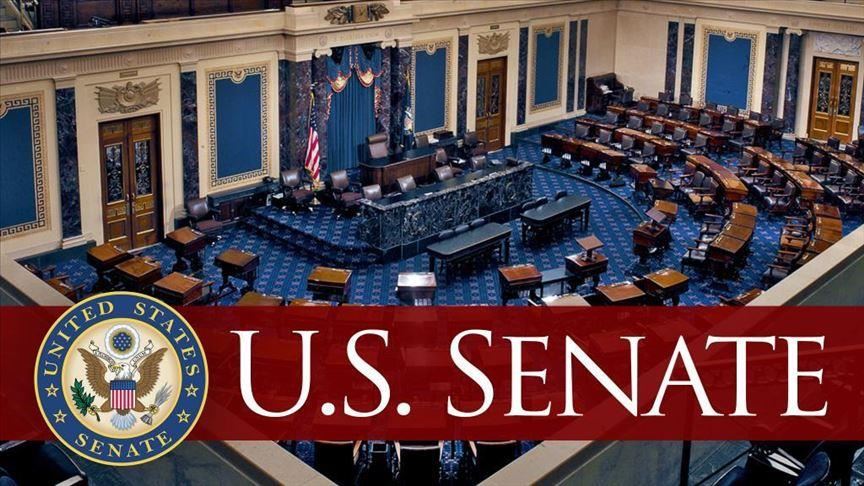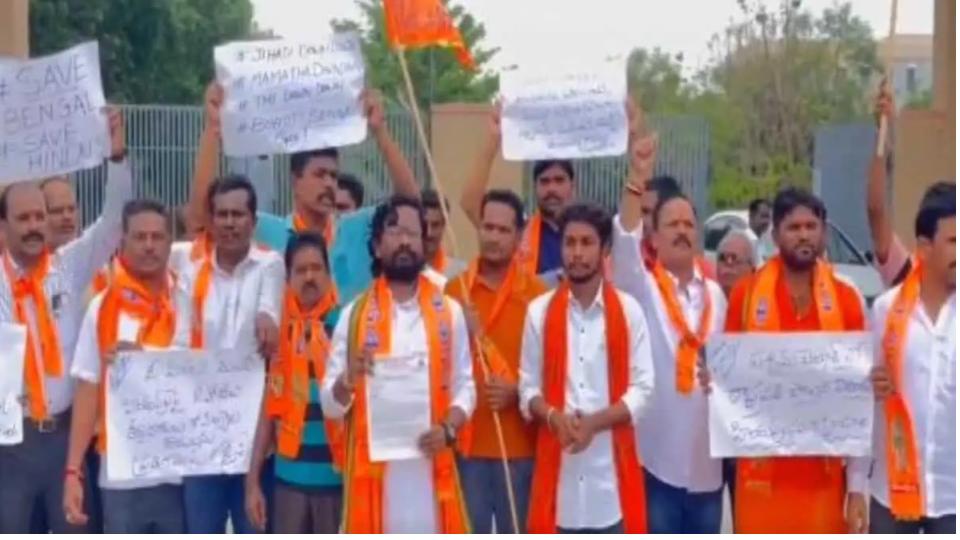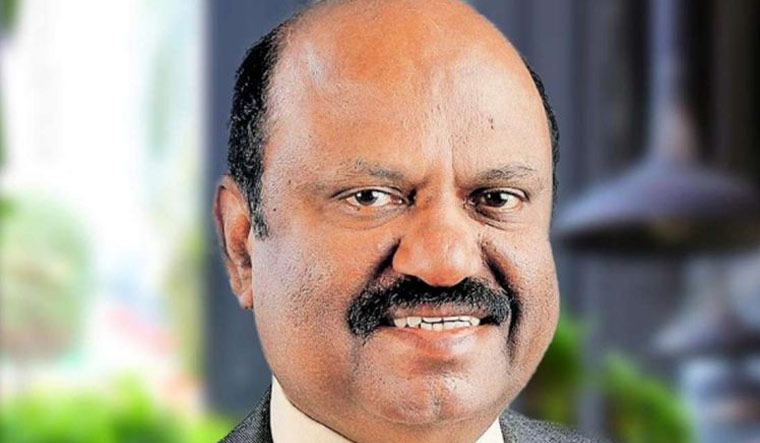Legislation introduced in US Senate to boost clean energy cooperation with India
Fri 02 Oct 2020, 10:33:44

Washington: A top Democratic senator has introduced a legislation in the US Senate to establish a forum for cooperation with India on clean energy technologies and energy transmission.
Introduced by Senator Robert Menendez, a ranking member of the Senate Foreign Relations Committee, the Prioritising Clean Energy and Climate Cooperation with India Act seeks to establish the US-India Clean Energy and Power Transmission Partnership (CEPTP) as the main forum for cooperation between the two nations on clean energy technologies.
The activities under the CEPTP include promoting joint research and development on clean energy technologies, encouraging US private investment in the Indian clean energy market and supporting initiatives to develop new and renewable energy generation capacity in India.
The legislation also promotes US-India cooperation on climate resilience and risk reduction, a statement said.
Given the shared threat of climate change and India's growing need for electricity, there is a strong case to be made for strengthening the US-India clean energy partnership, Menendez said.
In that vein, I am introducing this legislation having witnessed firsthand the positive results that come when our nations work as a team to tackle common challenges, he said.
It also sought America's participation in the International Solar Alliance led by India which is playing a key role in mobilising significant international investment in solar energy.
It urged the US to promote research, development and private sector cooperation on the production of electric vehicles and the planning and execution of an expansive charging station network to support extensive use of electric vehicles.
The Senate legislation, running into 39 pages, asks the Trump administration to support a report, within 90 days of its
passage, detailing the scope and nature of the US' participation in Mission Innovation.
passage, detailing the scope and nature of the US' participation in Mission Innovation.
Observing that the US should support the Power for All initiative created by the Government of India through technical and other forms of assistance, the legislation said that the US should support the ambitious renewable energy generation goals set by the India through technical and other forms of assistance.
Increased demand for refrigeration and air conditioning in India, and the adoption of the Kigali Amendment to the Montreal Protocol, done at Montreal September 16, 1987, are driving innovation and investments in next-generation refrigeration equipment and refrigerants in India; it said.
As such the legislation says that enhanced United States-India bilateral cooperation and engagement on the development of technologies and chemicals that are compliant with the Kigali Amendment are in the interest of US industry leaders in the refrigeration and chemical coolant industries.
Menendez was part of a congressional delegation to India in the fall of 2019, during which he engaged with India's minister of New and Renewable Energy and Indian business leaders to discuss how the US and India can address the threat of climate change and deepen cooperation on clean energy production.
By establishing the US-India Clean Energy and Power Transmission Partnership, we are laying the groundwork for successful partnerships between not only the US and Indian governments, but also our universities and private sectors. I am proud to lead this effort to further strengthen our relationship with India, Menendez said.
The legislation also seeks to promotes lawful sharing of intellectual property between US and Indian private sector entities for renewable energy technology, air conditioning technology, and refrigeration systems technology.
No Comments For This Post, Be first to write a Comment.
Most viewed from International
Most viewed from World
AIMIM News
Latest Urdu News
Most Viewed
May 26, 2020
Do you think Canada-India relations will improve under New PM Mark Carney?
Latest Videos View All
Like Us
Home
About Us
Advertise With Us
All Polls
Epaper Archives
Privacy Policy
Contact Us
Download Etemaad App
© 2025 Etemaad Daily News, All Rights Reserved.

.jpg)






.jpg)
.jpg)


.jpg)
.jpg)
.jpg)
.jpg)
.jpg)
.jpg)
























